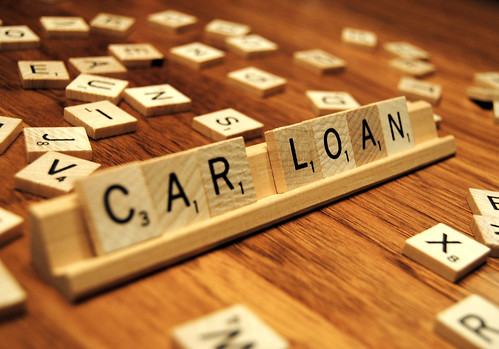So you’re thinking about purchasing a vehicle, but you don’t have the funds and need to take out a loan. It’s a big commitment, and you want to make sure you do your research before taking the leap. Most car dealerships offer financial services to help you decide which type of auto loan is right for you and secure the funds you need for a stress-free experience.
At Tom Kadlec KIA in Rochester, Minnesota, our finance team works closely with you to make the entire car-buying process a breeze. From negotiating the best bank rates to securing quick approvals, an expert finance team member helps provide peace of mind every step of the way. Worried about your credit score and how a car loan might affect it? A team member will walk you through the details and make sure you feel comfortable with your purchase.
What Is a Credit Score?
Let’s start with the basics. A credit score is a three-digit number between 300 and 850 that represents your creditworthiness. In other words, it provides companies a glimpse into your credit risk and gives them an idea about how likely you are to pay your bills on time. Companies use various scoring models to analyze your credit reports and determine your credit score, which may include looking at your debts and payment history.
Why Does My Credit Score Matter?
If you want to apply for a credit card or borrow money for any reason, such as buying a car, your credit score plays an important role in the process. Banks, credit card companies, car dealerships, and other types of lenders usually look at your credit score before deciding if they want to offer you credit. People with a higher credit score typically pose a lower risk to lenders and receive more favorable credit terms, such as lower down payments or better interest rates.
Can I Check My Credit Score?
It’s a good idea to check your credit score now and then to make sure everything is in order, including your personal information. It’s a great way to identify any inaccurate transactions or signs of identity theft as well. You can request a free copy of your credit report once every 12 months from the three nationwide credit bureaus: Equifax, Experian, and TransUnion. Checking your credit report, also known as a soft inquiry, has no impact on your credit score.
After you apply for a loan or credit card, the lender typically pulls a copy of your credit report to review. Known as a hard inquiry, it lowers your credit score by a few points. If you’re on the cusp of a poor credit score, your points may make the difference you need to get better credit terms.
Still, don’t let your fear of multiple inquires deter you from shopping around for the best rates. Hard inquiries made by car dealerships and other lenders within a certain time — between 14 and 45 days — get lumped together, so you’re not dinged every time a lender pulls your report.
Does a Car Loan Drop My Credit Score?

Image via Flickr by Got Credit.
Car loans impact your credit score in a few different ways. One way is by increasing your debt load. As a result, your credit score takes a very temporary dip until you show you can successfully manage the load. Payment history also accounts for a large portion of your credit score. A new loan with no payment history results in a slightly lower credit score, but it should bump back up once the first few payments go through on time.
If you’re like many people, you worry about adding yet another item to your credit mix, which also accounts for a big chunk of your credit score. But don’t fear too much. A diverse, well-managed portfolio actually shows lenders that you know how to balance your debts and make timely payments, and that’s a good thing. Consequently, paying off your car loan can help improve your credit score.
The truth is, most of the possibly deleterious effects of a car loan go away quickly after you start making payments, but the benefits continue as long as you pay on time.
Will Paying Off a Car Loan Improve My Credit Score?
Looming debts often make people nervous, but don’t be in too big of a hurry to pay off your car loan. It’s not always as simple as it seems, so it’s good to read and understand the fine print before closing your account.
Any time you make a change to your credit history, including paying off a debt, your credit score takes a bit of a hit. If you have a strong credit history, your credit score will recover in a few months. Keep in mind that even after you close your loan, it remains on your credit report for the next decade. If your loan was in good standing before you paid it off, you’ll reap the benefits for years to come.
So there you have it. Now that the finance team at Tom Kadlec Kia has helped you better understand what a credit score is, why it matters, and how a car loan affects your credit score, we want to hear from you. Did we miss any details? Is there anything else you want to know that we haven’t covered here? If so, let us know. Drop us a line, and we’ll be sure to add more information.





 Warranties include 10-year/100,000-mile powertrain and 5-year/60,000-mile basic. All warranties and roadside assistance are limited. See retailer for warranty details.
Warranties include 10-year/100,000-mile powertrain and 5-year/60,000-mile basic. All warranties and roadside assistance are limited. See retailer for warranty details.